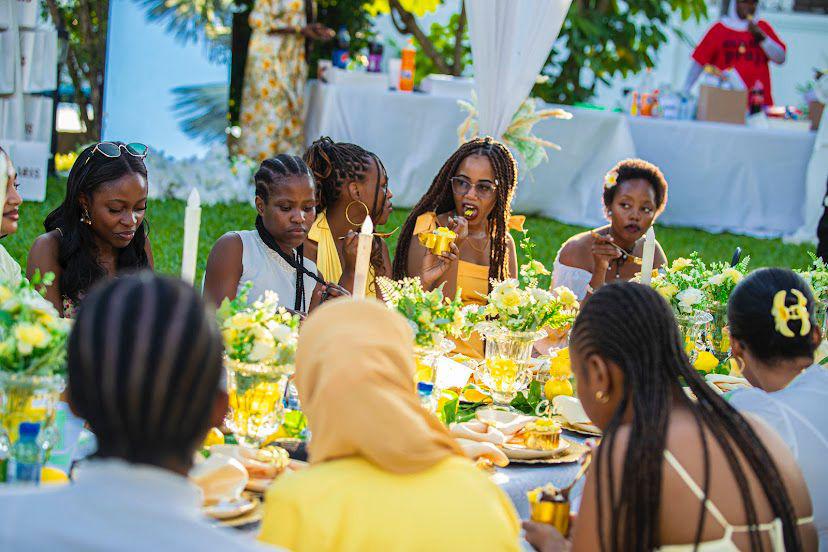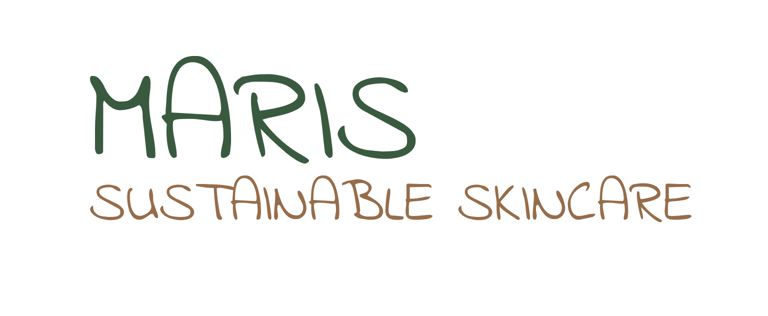The Hidden Epidemic
What Skin Bleaching is Quietly Doing to Our Health, Our Identity, and Our Future
Mariam Ismail Rumatila
8/8/20254 min read


Before I began writing this, I thought I already understood the problem of skin bleaching. I’ve heard the health warnings, seen the creams behind glass counters, watched the TV ads and Instagram reels that quietly reward lighter skin. But what I didn’t realize at least not fully was just how deep this crisis goes, and how many layers we’re not talking about.
What started as research became something much more personal. The deeper I went, the more I realized: this isn’t just about skin. It’s about power, Fear, Beauty, History, Economics, Belonging. It’s about us.
Bleaching Isn’t a Trend. It’s a Public Health Emergency.
According to the World Health Organization, more than 40% of African women bleach their skin. In some countries, it’s nearly 80%. That number stopped me. Not just because of how big it is but because it reveals something urgent, and honestly heartbreaking. We are literally altering our skin at massive scale, and often with full knowledge that it might harm us.
Many of the products on the market especially the cheap, unregulated ones are packed with ingredients like mercury, hydroquinone, and steroids. These aren’t just dangerous. They’re toxic. Mercury, in particular, doesn’t just damage the user and it can contaminate the home, affect children, and stay in the body for years. It’s not just skin-deep damage, it’s internal, long-term, sometimes irreversible.
It made me ask: Why are so many still choosing this?
It’s Not Just About Beauty. It’s About Survival.
The easy answer is to say, “People bleach because they want to be beautiful.” But that’s only part of the truth. And to be honest, it’s a little lazy.
The more uncomfortable answer the one we don’t always say out loud is this: in many societies, lighter skin is rewarded. It’s seen as more “professional,” more “clean,” more “attractive,” more “worthy.” People are not stupid. They see who gets the job. They see who gets the man. They see who gets chosen. And they draw conclusions.
So, what looks like vanity is often a calculation. A quiet, painful decision that says: If this is what it takes to belong, I’ll do it.
This broke something in me. Because it made me realize that even health risks kidney failure, skin thinning, hormonal imbalance can feel like a fair price when the alternative is rejection, ridicule, or invisibility.
And Sometimes It’s Not Even About Color
One of the most humbling things I’ve learned is that not everyone who bleaches wants to be white. Or even light. Sometimes, the goal is to “even out” the skin. Remove acne scars. Fix hyperpigmentation. Look “neat” for an interview. For some, it starts with treating one problem and slowly turns into something more damaging without them even realizing.
This is where the language we use really matters. Saying “Stop bleaching, just love yourself” can feel dismissive when you’re speaking to someone who has been dealing with acne for years and is just trying to feel confident. This isn’t always about self-hate. Sometimes, it’s about trying to feel in control in a world that constantly tells you your skin is a problem.
And that’s exactly what the industry feeds on.
The Industry Profits from Our Insecurity
Skin lightening is not just a personal issue it’s a global business. One of the fastest growing beauty sectors in the world. The industry is worth over $30 billion, and much of that money comes from selling cheap, harmful products in countries that don’t have the power or the infrastructure to properly regulate them.
The result? Countries like ours become dumping grounds for illegal creams. Border control is weak. Online sales go unchecked. Products are mislabeled or marketed as “toning” or
“glowing” creams to avoid suspicion. And we, the consumers, are left with the consequences.
And here’s the hardest truth: the system is designed for this. Designed to make us feel “not enough,” and then sell us something to fix it. Designed to punish dark skin while profiting from our attempts to lighten it.
That’s not an accident, it’s exploitation.
So Where Do We Go from Here?
After reading, researching, reflecting, and honestly being disturbed I kept circling back to one thing.
This is not a problem we can solve with health warnings alone.
Yes, the chemicals are dangerous. Yes, laws matter. But if we don’t address the deeper beliefs the reasons why people bleach then nothing will really change.
We need to shift the conversation from “Don’t bleach, it’s bad for you” to something deeper. We need to ask:
● What makes people feel like they have to?
● Who benefits when we hate our skin?
● What kind of world would make people proud of their natural tone?
We can’t shame people into stopping. But we can create new stories. We can show that beauty is not one thing, one color, or one tone. We can build systems media, education, culture that affirm dark skin, that represent it, that celebrate it.
And we can stop calling this a “trend” or a “choice.” Because it’s not. It’s a symptom of something bigger. Something colonial, something systemic, something emotional, something economic.
This is about how we see ourselves and how we begin to undo the damage that’s been done to us.
What This Means for Me and for Maris
As the founder of Maris, this reflection isn’t just intellectual, it’s personal. Because if we are going to create sustainable skincare rooted in African wellness, we have to confront the forces that make people feel like their skin needs changing in the first place.
Maris is not here to shame or police how anyone cares for their skin. But we are here to build something better.
-A skincare space that doesn’t sell insecurity.
-A brand that educates as much as it nourishes.
-A platform that is rooted in healing, not hiding.
We believe in slow beauty. In rest as resistance. In glowing within, not just glowing up.
Our mission is to reconnect people especially African youth with the truth that your skin is not a mistake. It’s not a problem. Your skin doesn’t need to be changed, fixed, or “completed” to be worthy or beautiful. It’s not lacking anything. It is already whole.
It is yours. And it is enough.
So, this is what I’ve learned.
This is what I’ve unlearned.
This conversation doesn’t end here. Let’s keep learning, sharing, and creating better choices.
Join the Maris Community
© 2025 Maris Speak Up. All rights reserved.
Your privacy is important to me. Rest assured, your email will never be shared or sold.
Info@marissustainableskincare.com
Our official email
Join our community of early supporters and get exclusive benefits when we launch our skincare brand. As a founding insider, you’ll be the first to hear about product updates, enjoy early access, and receive special rewards made just for our day-one members. Plus, you'll get skincare tips and behind-the-scenes content as we build something meaningful together.
